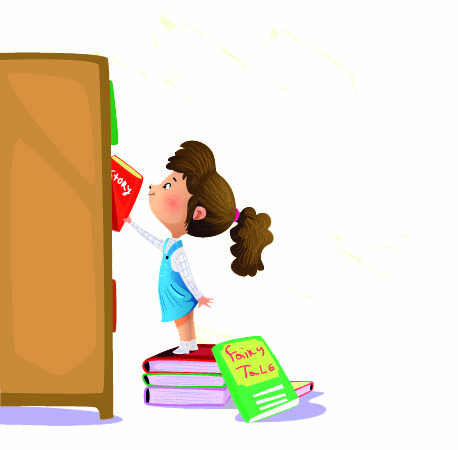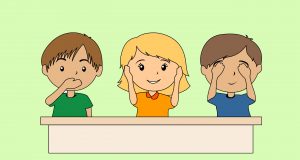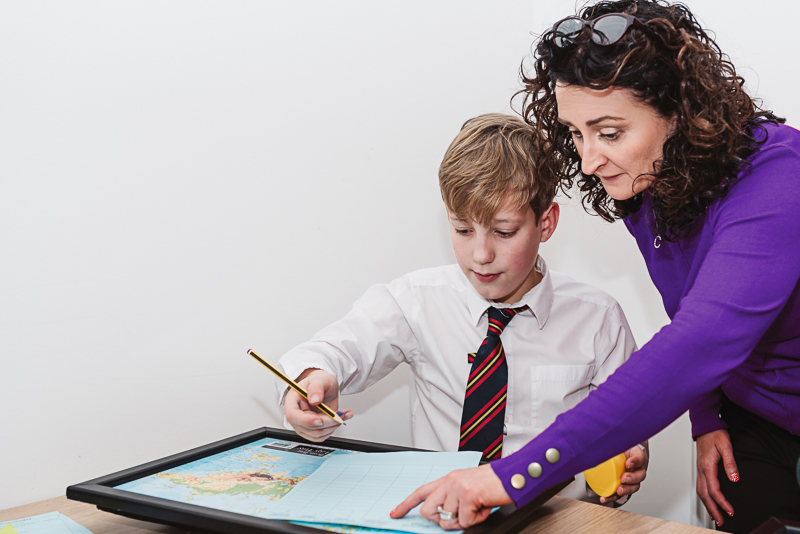We know Year 6 can be a stressful time. Many parents want to help their children during their last year in primary school and tutoring for whatever reason may not be an option.
There’s so many resources on the market; it can be quite tricky and confusing to choose the best books if you’ve had no experience of using them- and it’s possibly been a long time since you were in Year 6 (or Junior 4 as it was in my day)!
Anyway, if you want to help your son or daughter brush up on their English and maths skills for their upcoming SATs , here’s some book reviews based on many years of use and personal experience.
- CGP Books
This is a comprehensive range of books which includes Study Guides (for parents and teachers) and question books for your child to complete. The website is also really user friendly. I particularly like the SPaG question books as they have an excerpt at the top of each page that explains concepts quickly easily- a must if you’re grammar is a little rusty!
However, there are a lot of schools in my local area of Stockport that already use these books for homework or resources and you may find because of this you’re repeating learning at home which has already taken place. If you’ve already bought these books but your child’s school is using them, start working from the back of the books to the front to avoid repetition in the earlier stages of the year.
Bond Books are synonymous with the entrance examinations and 11+, but they do have a new SATs range of study guides and books. The website isn’t as easy to navigate as others, but you can find the complete range here.
The pitch of these books is slightly harder than expected level, so you may want to try your Year 6 child on the 9-10 books rather than the 10-11 age range. Nevertheless these resources are good for your child if they are working towards greater depth levels, or need an extra challenge outside of school.
I’ve been really impressed with the Collins range! The maths books especially are great, as they are reasoning-focused from the get-go. Children do find word problems really tricky and the more practice they can get the better as they will have to complete two reasoning papers (for examples of last year’s SATs reasoning papers, click here).
Looking through the website, there’s lots of advice hints and tips for Year 6 on their blog so it makes it feel like they have gone above and beyond the usual product offering to create a relationship wit parents. I’m using the Collins textbooks for my Year 5 groups this year and have had some very positive feedback from the children too.
An institution of any upper key stage two teacher’s cupboard, Schofield and Sims is an established publishers who are also very popular with schools. Their comprehension study books have a ‘no nonsense’ vibe and cut right to the chase; they are slim in design and are packed with practise questions which make them ideal to use at home.
I do, in particular, like their mental arithmetic books as there are so many questions packed onto each page. The book covers a lot of ground succinctly and precisely, but also gives a better idea of any areas that your child may be struggling with at an earlier stage.
The only downside is that the answer books (teacher’s guide) to the above mentioned have to be purchased separately. If you’re not a teacher or if you’ve got no younger children to revisit the workbooks again, it can make it a bit pricey for a one-off use. Nevertheless, there are alternative SATs books here and here which I haven’t used, but do have answers included.
I’ve saved the best for last! The Year 6 books from Pearson have been my chosen core range for this year. The English book covers punctuation and grammar as well as separate spelling tests you can do with your child which is really good. The comprehension (reading) books are also great as the questions are split by type (inference, retrieval, vocabulary and so forth) and children get to practise skills and consolidate learning on the type of questions they may be asked.
Maths and arithmetic are also very comprehensive and easy to follow, and I’ve also chosen Pearson practise papers for English and maths for when it gets closer to SATs. It feels like Pearson have fallen out of fashion in my local area which is a shame as their offering is brilliant.
Again, the website isn’t particularly user-friendly (only the CGP website in my opinion has got a grip on this), but don’t let this put you off. The books are thick and packed with hints and tips which make them really good value for money.
What books will you choose for your child?

